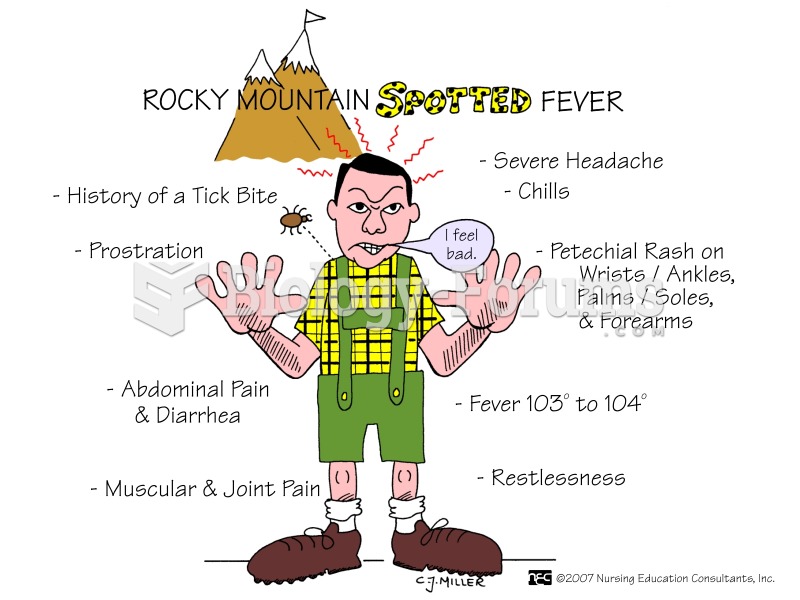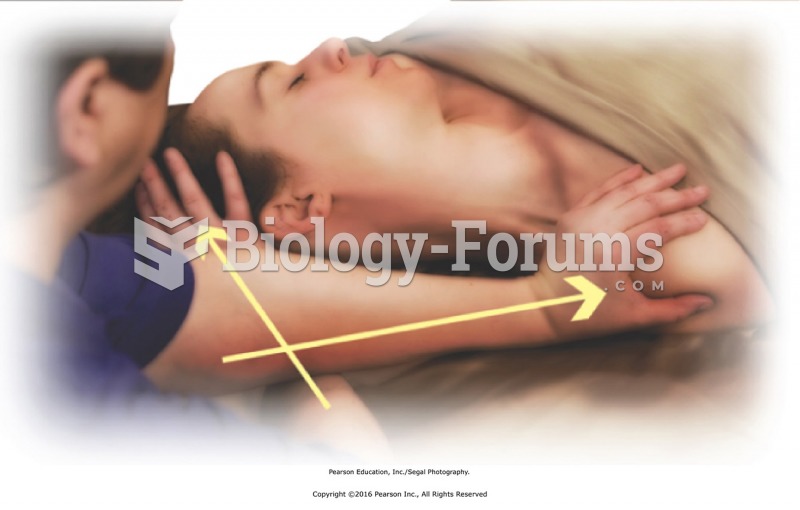This topic contains a solution. Click here to go to the answer
|
|
|
Did you know?
When blood is exposed to air, it clots. Heparin allows the blood to come in direct contact with air without clotting.
Did you know?
During the twentieth century, a variant of the metric system was used in Russia and France in which the base unit of mass was the tonne. Instead of kilograms, this system used millitonnes (mt).
Did you know?
The first oncogene was discovered in 1970 and was termed SRC (pronounced "SARK").
Did you know?
The ratio of hydrogen atoms to oxygen in water (H2O) is 2:1.
Did you know?
Approximately 70% of expectant mothers report experiencing some symptoms of morning sickness during the first trimester of pregnancy.
 During my research in India, I interviewed this 8-year-old girl. Mahashury is a bonded laborer who ...
During my research in India, I interviewed this 8-year-old girl. Mahashury is a bonded laborer who ...
 Postoperative hyperphagia and obesity in a rat with bilateral VMH lesions. (Based on Teitelbaum, ...
Postoperative hyperphagia and obesity in a rat with bilateral VMH lesions. (Based on Teitelbaum, ...





